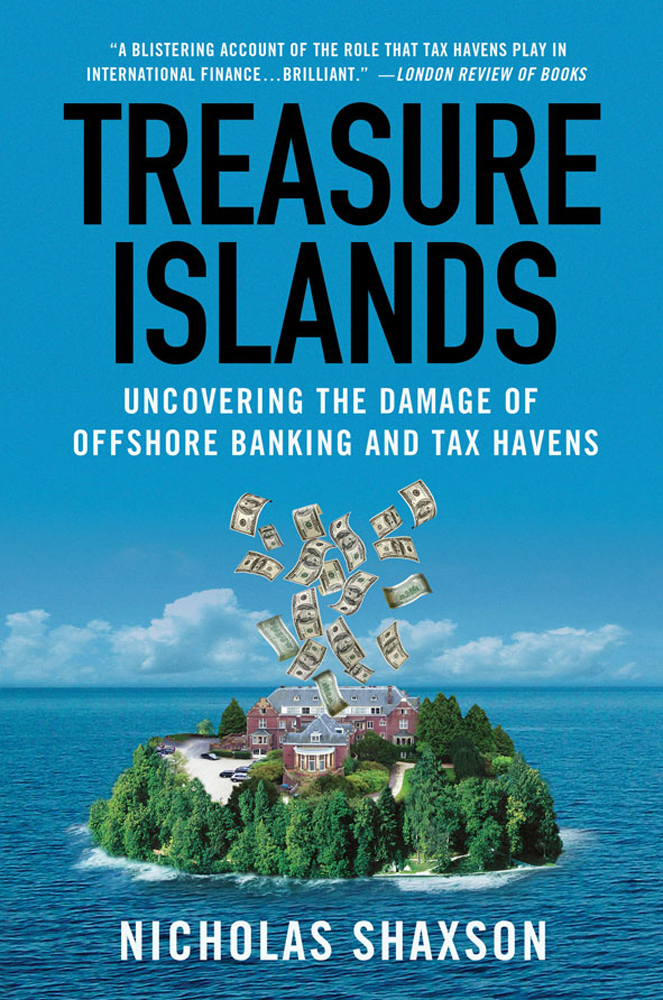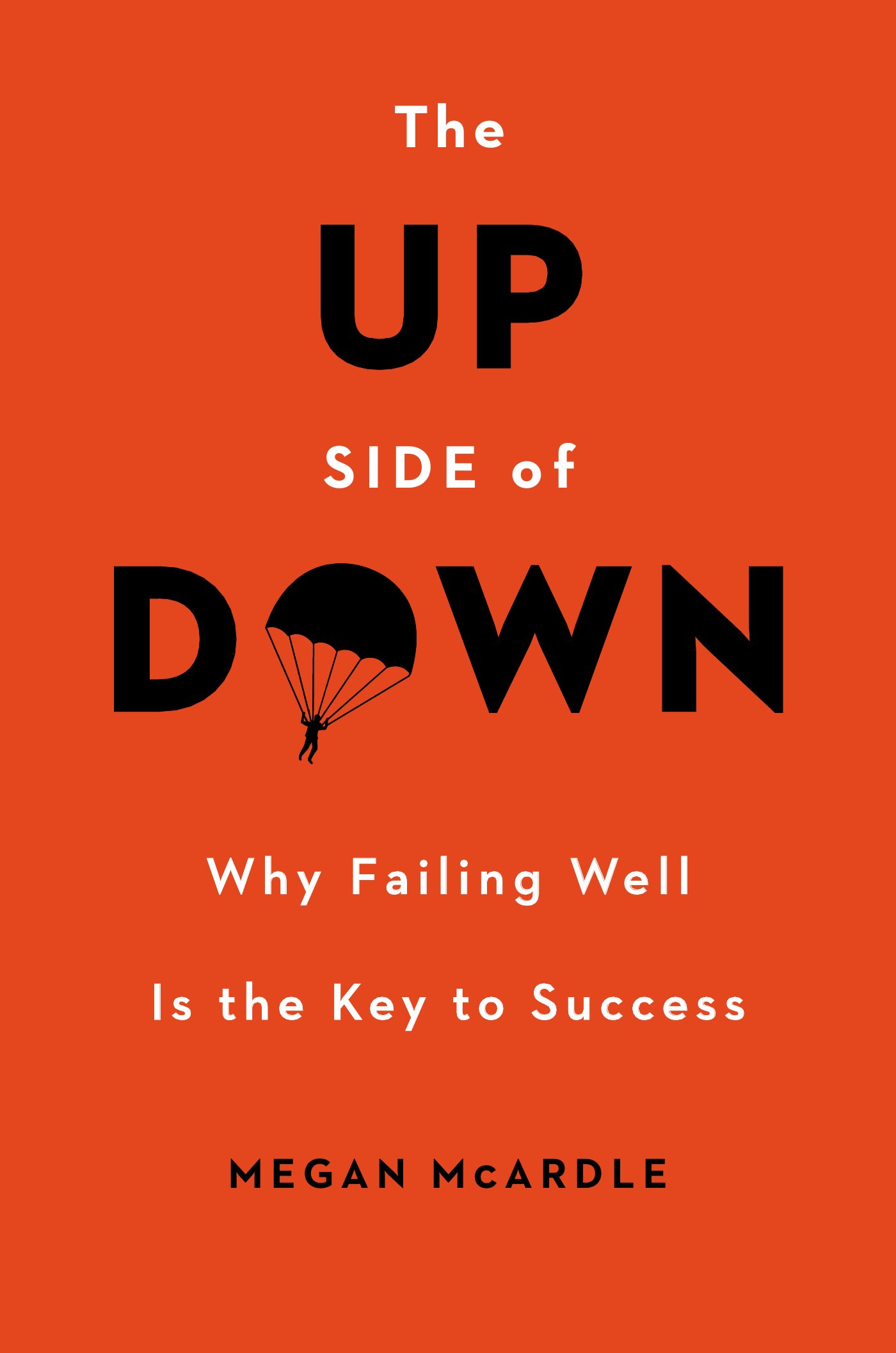Post 2500: What is the Aleph Blog About?
Every hundred or so posts, I take a step back, and try to think about broader issues about blogging about finance. ?Tonight, I want to explain to new readers what the Aleph Blog is about.
There have been many new followers added to my blog recently, ?through e-mail, RSS, and natively. ?This is because of this great article at Marketwatch, which builds off of this great article at Michael Kitces’ blog.
I am humbled to be included among Barry Ritholtz, Josh Brown, and Cullen Roche, and am genuinely surprised to be at number 4 among RIAs in social media influence. ?Soli Deo Gloria.
What Does the Aleph Blog Care About?
I’m writing this primarily for new readers, because I’ve written a lot, and over a lot of areas. ?I write about a broader range of topics than almost all finance bloggers do because:
- I’m both a quantitative analyst and a qualitative analyst.
- I’m an economist that is skeptical about the current received wisdom.
- I like reading books, so I write a lot of book reviews.
- I’m also a skeptic regarding Modern Portfolio Theory, and would like to see it discarded from the CFA and SOA syllabuses.
- I believe in value investing, in both the quantitative and qualitative varieties.
- I believe that risk control is a core concept for making money — you make more money by not losing it.
- I believe that good government policy focuses on ethics, not results. ?The bailouts were not fair to average Americans. ?What would have been fair would have been to let the bank/financial holding companies fail, while protecting the interests of depositors. ?The taxpayers would have been spared, and there would have been no systematic crisis had that been done.
- I care about people not getting cheated. ?That includes penny stocks, structured notes, private REITs, and many other financial innovations. ?No one on Wall Street wants to do you a favor, so do your own research and buy what you want to own, not what someone wants to sell you.
- Again, I don’t want to see people cheated, so I write about ?insurance. ?As a former actuary, and insurance buy-side analyst, I know a lot about insurance. ?I don’t know this for sure, but I think this is the blog that writes the most about insurance on the web for free. ?I write as one that invests in insurance stocks, and generally, I buy the stocks because I like the management teams. ?Ethical, hard working insurance management teams do the best.
- Oddly, this is regarded to be a good accounting blog, because as a user of accounting statements, I write about accounting issues.
- I am a skeptic on monetary and fiscal policy, and believe both of them tend to sacrifice the future to benefit the present. ?Our grandchildren will hate us. ? That brings up another issue: I write about the effects of demographics on the markets. ?In a world where populations are shrinking in developed nations, and will be shrinking globally by 2040, there are significant economic impacts. ?Economies don’t do well when workers are shrinking in proportion to those who are not working. ?(Note: include stay-at-home moms and dads in those who work. ?They are valuable.)
- I care about the bond market. ?There aren’t that many good bond market blogs. ?I won’t write about it every day, but I will write about i when it is important.
- I care about pensions. ?Most of the financial media knows things are screwed up there, but they do not grasp how bad the eventual outcome will likely be. ?This is scary stuff — choose the state you live in with care.
Now, if you want my most basic advice, visit my personal finance category.
If you want my view of what my best articles have been, visit my best articles category.
If you want to read about my “rules,” read the rules category.
Maybe you want to read some of my most popular series:
- My life as a corporate bond manager
- My life as a mortgage bond manager
- My life as a financial risk manager
My blog is not for everyone. ?I write about what I feel most strongly about each evening. ?Since I have a wide array of interests, that makes for uneven reading, because not everyone cares about all the things that I do. ?If that makes my readership smaller, so be it. ?My blog expresses my point of view; it is not meant to be the largest website on finance. ?I want to be special, even if that means small, expressing my point ?of view to those who will listen.
I thank all of my readers for reading me. ?I appreciate all of you, and thank you for taking the time to read me.
As one final comment, I need to say this. ?I note people unfollowing my blog at certain times, and I say to myself, “Oh, I haven’t been writing about his pet issue for a while.” ?Lo, and behold, after these people leave, I start writing about it again. ?That is not intentional, but it is very similar to how the market works. ? People buy and sell investments at the wrong times.
To all my readers, thank you for reading me. ?I value all of you, and though I can’t answer all e-mails, I read all e-mails.
In summary: the Aleph Blog is about ethics and competence. ?I want to do what is right, and do what gives the best investment performance, in that order.



 Failure. We’ve all experienced it. Can we benefit from it?? The answer is maybe, depending on the costs of failure.
Failure. We’ve all experienced it. Can we benefit from it?? The answer is maybe, depending on the costs of failure. Seniors are targets, and not just by those who are regarded as fraudsters. ?I had an older friend who was approached by the sales professionals of a major bank to manage her $3 million portfolio, which was already well-managed. ?They made all manner of promises of what they would do for her, in exchange for a fee on assets — 3%/year.
Seniors are targets, and not just by those who are regarded as fraudsters. ?I had an older friend who was approached by the sales professionals of a major bank to manage her $3 million portfolio, which was already well-managed. ?They made all manner of promises of what they would do for her, in exchange for a fee on assets — 3%/year.